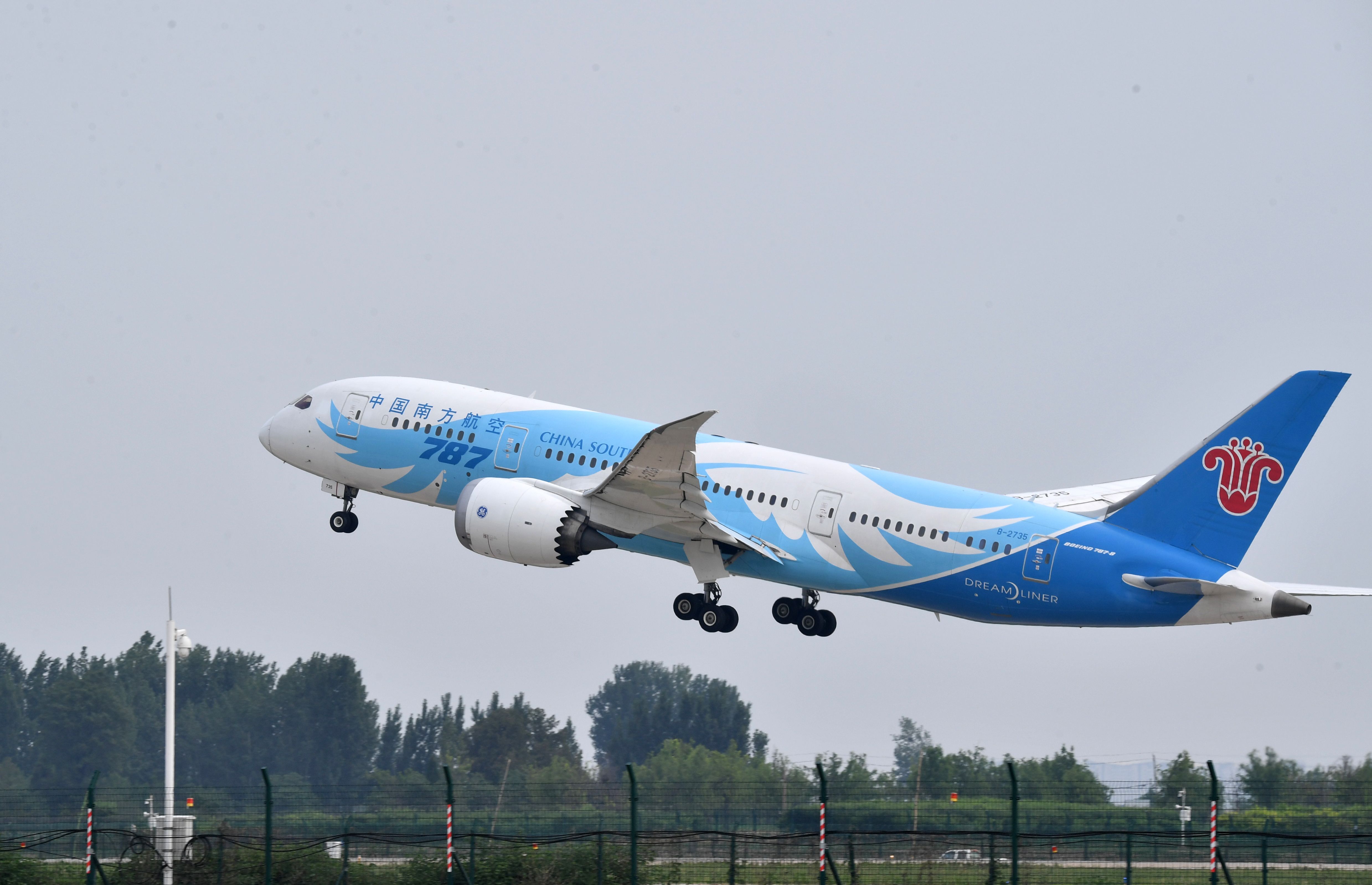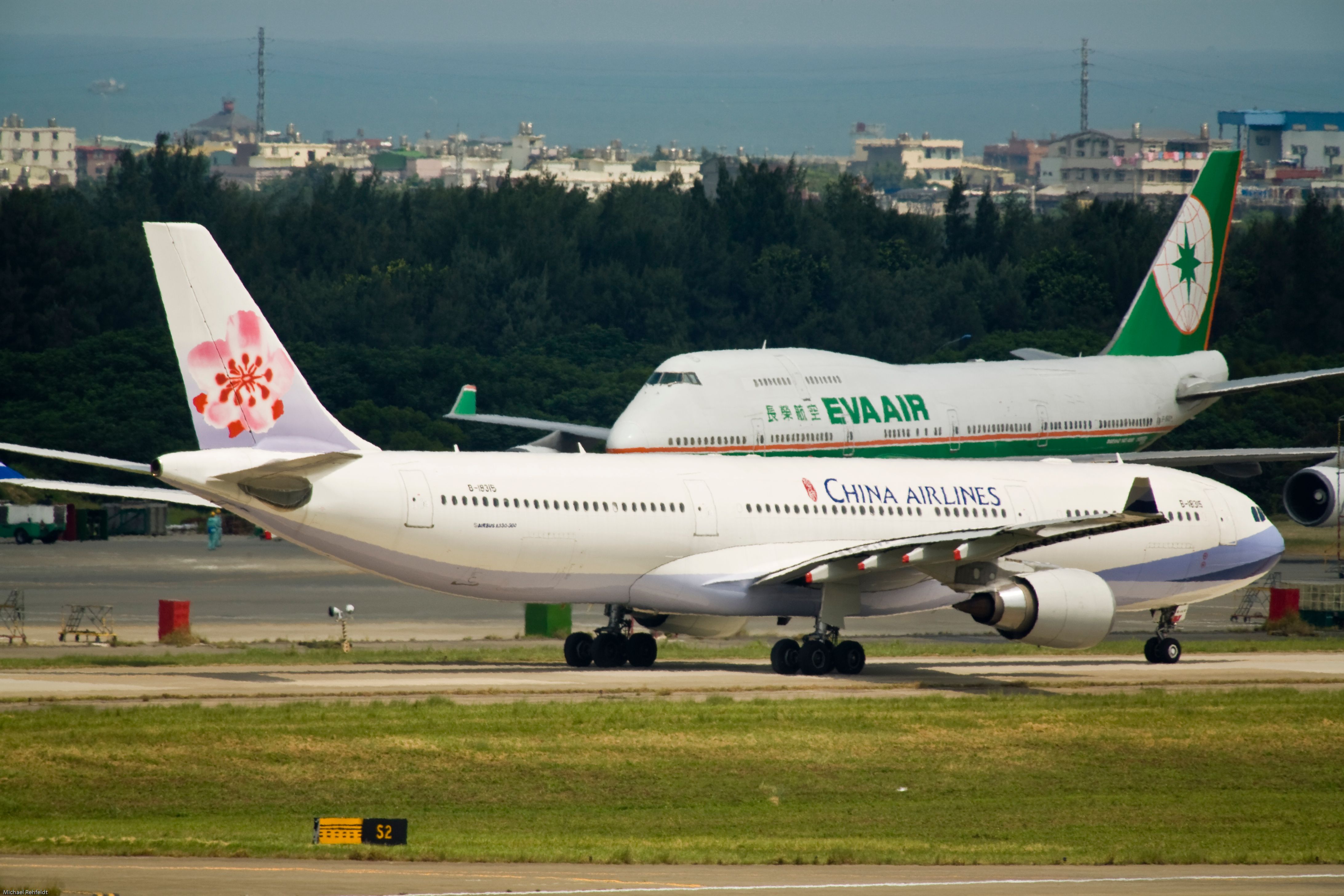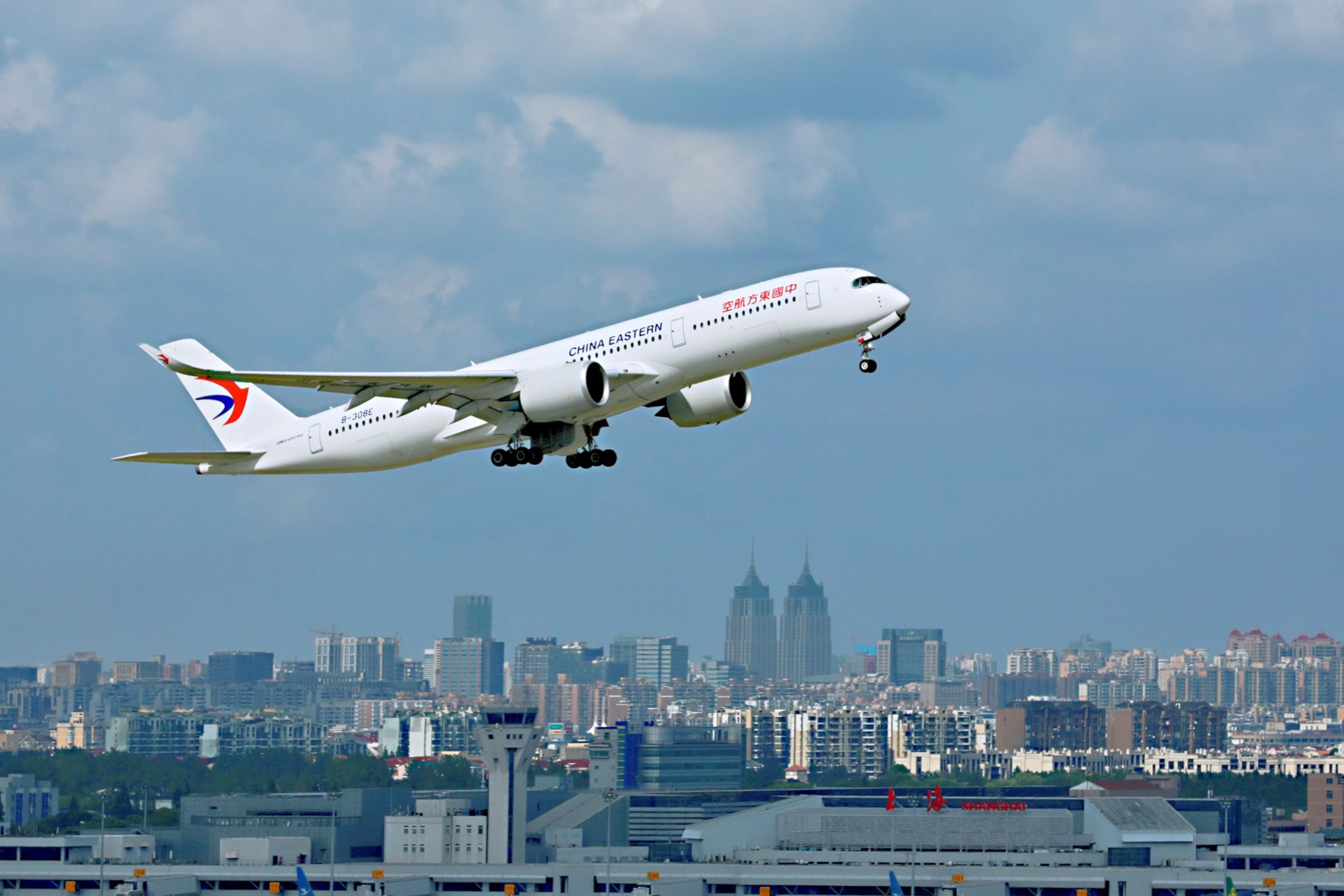Following China's decision to ease COVID restrictions, some countries are implementing their own restrictions on passengers arriving from China amid a sharp rise in COVID cases. Let's look a closer look below.
Countries react to China COVID spike
While news of China relaxing its quarantine rules for international arrivals was received positively by airlines and passengers alike, a concerning rise in COVID cases across the country has led several countries to impose restrictions on passengers coming from China. So far these countries are:
- US
- India
- Taiwan
- Japan
- South Korea
- Italy
- Malaysia
As Simple Flying reported in the last 24 hours, the US will require testing for passengers flying from China from January 5th, while India has made COVID testing mandatory for travelers coming from China.
Japan announced yesterday that it would also require passengers from China to present a negative PCR test result, with those testing positive having to undergo a one-week quarantine. According to The Chosun Ilbo, South Korea will follow suit by requiring all China-based travelers to take a PCR test up to 48 hours before arrival, in addition to a rapid antigen upon arrival. Japan and South Korea are also considering a flight cap to limit the daily number of arrivals from China.
Taiwan will also require PCR testing upon arrival for all travelers from China. In Malaysia, arrivals from China will have to download the MySejahtera tracking app and conduct self-testing - positive tests will be issued with a home surveillance order.
Italy became the first European nation to impose restrictions on China flights by requiring antigen swabs and sequencing for all arrivals. News broke a few days ago of two flights arriving in Milan from China with almost half of all passengers testing positive for the virus.
Get the latest aviation news straight to your inbox: Sign up for our newsletters today.
More countries could follow
As this is still a developing situation, many countries have yet to publicly announce their stance. The European Union is expected to make an announcement today, although individual EU nations will have the final say on their border controls.
Both the UK and France initially appeared to rule out imposing restrictions, but this could change in the coming days. A UK government spokesperson stated that there were "no plans" to introduce restrictions, but Defence Secretary Ben Wallace later claimed the UK's response is "under review". Former health minister Lord Bethell has also urged the country to follow Italy in requiring testing upon arrival.
Australia continues to monitor the situation but has yet to impose any restrictions, while Philippines transportation secretary Jaime Bautista said the country is considering testing requirements for all China arrivals.
Discover more aviation news with Simple Flying.
Why impose restrictions?
China announced on December 7th that it would be lifting its 'zero-COVID' restrictions following mass protests across the country. Unfortunately, low levels of immunity have led to an astronomical rise in COVID cases, believed to be in the hundreds of millions in December.
Despite the fact that the majority of countries worldwide have shifted to a 'living with the virus' approach this year, there are serious concerns about what's happening in China. Given the country's vast population of over 1.4 billion, immune-resistant variants of the virus could emerge and set the world back to square one.
The US Centers for Disease Control and Prevention (CDC) said that a lack of transparency from China has made it difficult to track which strains are circulating throughout the country. Even if a new variant doesn't emerge, an influx of COVID cases could overwhelm national health systems and lead to countless avoidable deaths.
Do you think countries should be imposing restrictions on arrivals from China? Let us know in the comments.
Source: The Chosun Ilbo, EuroNews


.jpg)

